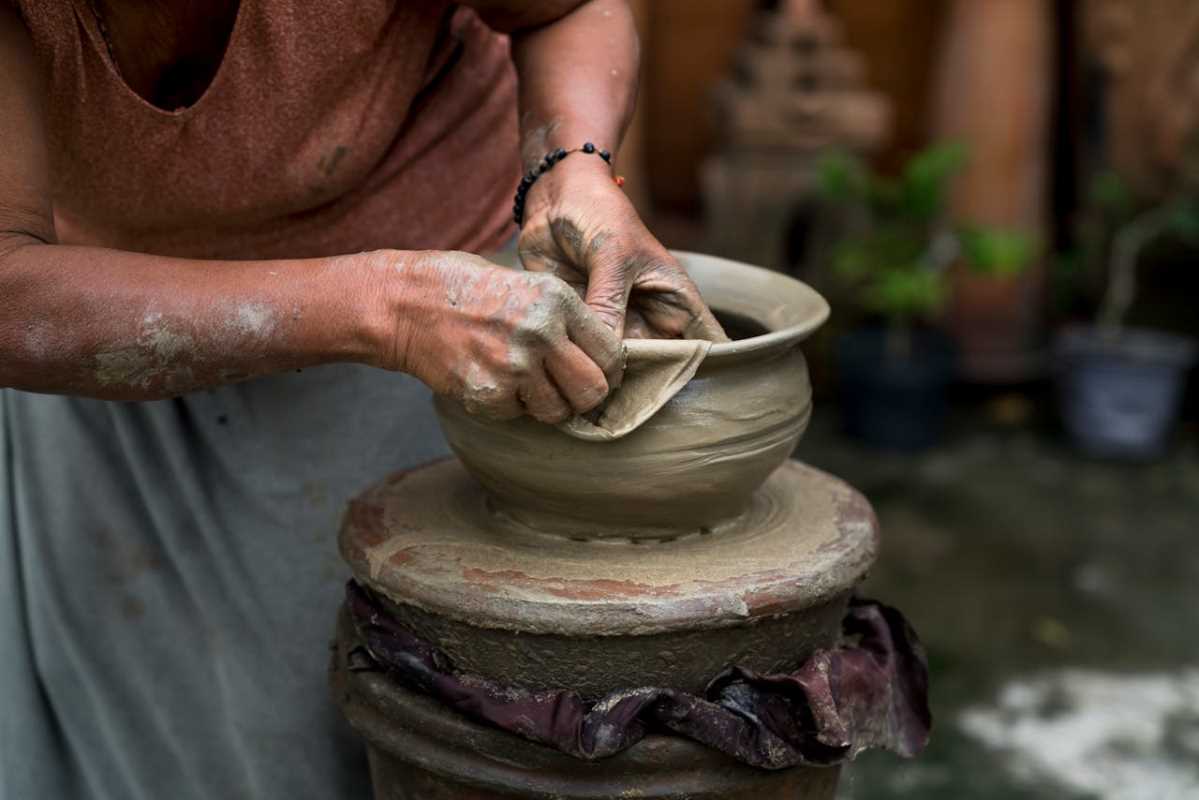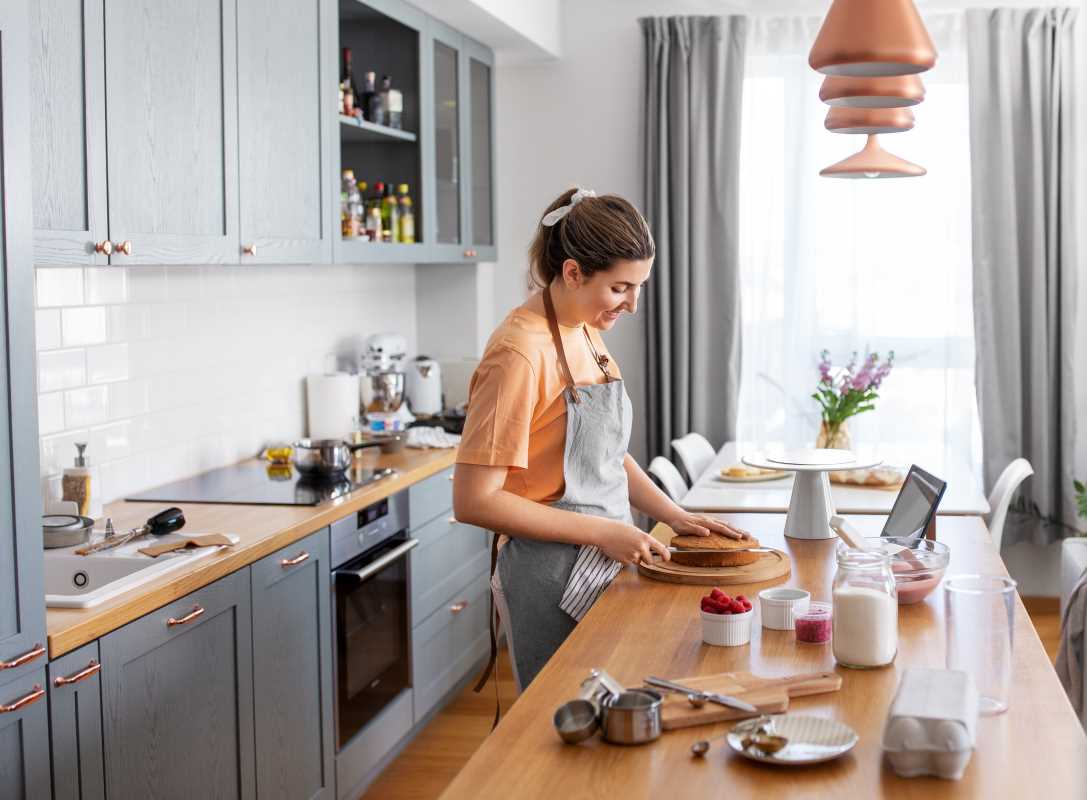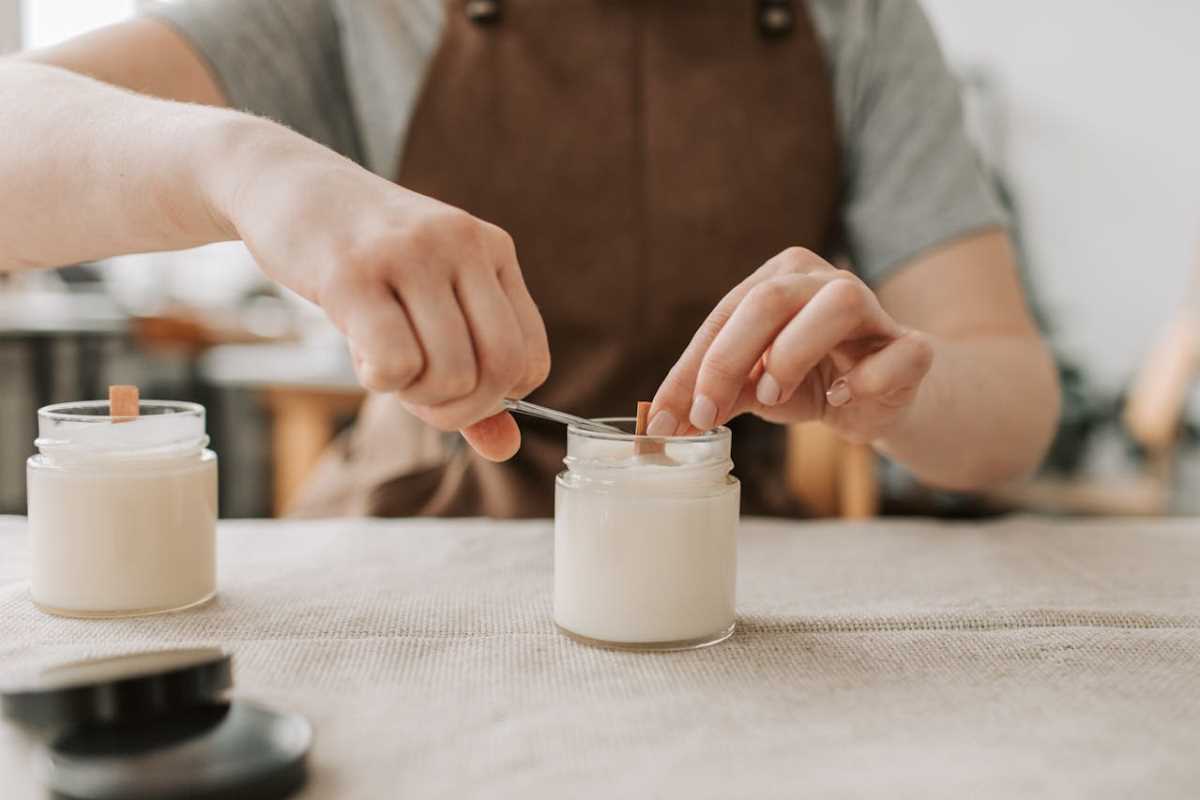There’s something magical about putting your hands to work and creating something from scratch. Pottery offers that rare combination of tactile satisfaction, creative freedom, and a deeply meditative process. From spinning clay on a wheel to molding it by hand, the art of pottery transforms a lump of earth into something beautiful and functional. Whether you’re looking for a hobby to unwind with, an outlet to express yourself, or simply a new skill to try, pottery has something for everyone.
If you’ve been searching for a creative activity that allows you to unplug, slow down, and create something tangible, here’s why pottery might be the perfect fit.
The Therapeutic Nature of Pottery
Life can be stressful. Between tight schedules, constant social media notifications, and the hustle of daily life, finding moments of peace can feel challenging. Pottery, with its hands-on approach, has a way of slowing everything down.
1. A Meditative Process
At its core, pottery requires your full attention. Whether you’re centering clay on a wheel or carefully shaping it with your hands, the entire process demands focus. This single-minded concentration helps quiet the mind, creating a meditative, almost hypnotic state. Many people find that working with clay gives them a sense of calm that’s hard to replicate in other activities.
While pressing your palms into the clay to shape it, you’re tuning into the texture and the subtle resistance of the material. These tactile sensations ground you in the present moment, making pottery an excellent stress-reliever.
2. A Break from Technology
Unlike hobbies that involve screens or digital tools, pottery is refreshingly analog. It’s just you, the clay, and your creativity. This break from technology not only gives your eyes a rest but also allows mental clarity to take center stage.
3. The Joy of Handcrafted Success
There’s a unique joy in holding something you’ve made with your own two hands. Even if your first vase comes out lopsided or your mug has an unintended quirk, those imperfections make each piece uniquely yours. This sense of accomplishment can lift your mood and boost your self-confidence.
The Joy of Creating Something Tangible
Many forms of creative expression, like writing or painting, are rewarding in their own ways, but few are as physically tangible as pottery. With pottery, you’re not only creating art but also objects you can see, touch, and use.
1. Functional Meets Beautiful
Pottery bridges the gap between art and functionality. A mug crafted on the wheel becomes your go-to for morning coffee. A clay bowl can hold fresh fruit or warm soup. The items you make during pottery sessions can add charm and personality to your home, with each piece reflecting your progress and creativity.
Think about the satisfaction of serving guests from plates you’ve made yourself or gifting a handmade planter to a friend. These creations not only serve practical purposes but also carry stories, memories, and effort.
2. Freedom to Experiment
Pottery encourages experimentation and creative risk-taking. You might start with simple pinch pots or bowls and slowly work your way to more intricate shapes or patterns. The medium’s versatility means there’s always something new to try, whether it’s glazing techniques, textures, or even sculptural work.
3. Celebrating Imperfections
Unlike commercial goods, handmade pottery embraces imperfection. A slight wobble, an uneven glaze, or an asymmetrical handle only adds to the charm. These irregularities make it clear that your pottery pieces weren’t mass-produced but personally crafted with care. It’s a beautiful reminder that flaws, in life and in art, are what make things unique.
Pottery Techniques That Inspire Creativity
Pottery covers a broad range of techniques, each with its unique charm. If you’re new to the craft, here are some methods that are fun to explore:
1. Hand-Building
This beginner-friendly technique doesn’t require a pottery wheel. It involves shaping clay with just your hands and a few tools. Hand-building techniques like pinch pots, coil pots, and slab construction are simple yet give you endless creative possibilities. For example:
- Pinching: Start with a ball of clay, press your thumb into the center, and use your fingers to form a bowl shape.
- Coiling: Roll clay into long ropes and stack them to create containers or sculptures.
2. Wheel Throwing
If you’ve seen pottery in movies, it likely involved a spinning wheel. Throwing clay on a wheel allows you to create circular shapes like bowls, vases, and mugs. Mastering the wheel requires patience and practice, but the hypnotic rhythm of a turning wheel is deeply satisfying.
3. Glazing and Decorating
The final step of pottery is where the magic happens. Glazing turns dull clay into vibrant, glossy art. From painting designs with underglazes to experimenting with color layering, the decoration process is an outlet for endless creativity. Whether you’re aiming for rustic, earthy tones or bold, modern designs, every piece comes out of the kiln as a surprise.
4. Sculpture and Texture Work
For those drawn to abstract art, pottery also involves sculpting and adding textures. Carving patterns, stamping designs, or attaching additional clay elements can transform basic pottery into intricate works of art.
Tips for Beginners to Get Started with Pottery
Diving into pottery may feel daunting at first, but with the right mindset and tools, anyone can start shaping clay. Here’s how to begin your pottery adventure:
- Find a Local Studio or Class: Many community centers, art schools, or studios offer beginner pottery classes. You’ll get access to equipment like wheels and kilns while learning from experienced instructors.
- Start Small: Begin with simple projects, like creating a bowl or a pot, before tackling complex designs. This will help build your confidence and skills gradually.
- Wear Comfortable Clothes: Pottery can be messy, so wear clothes that you don’t mind getting dirty. Aprons are also helpful.
- Be Patient with Yourself: Your first attempts won’t be perfect, and that’s okay. Pottery is as much about the process as the final product. Allow yourself room to make mistakes and grow.
- Invest in Basic Tools: Once you decide to practice at home, start with basic tools like a sponge, needle tool, and rolling pin before considering larger equipment.
Try Your Hand at Pottery Today
Pottery is more than just a creative hobby. It’s a therapeutic process, a way to connect with your hands, and a means of expressing individuality. Whether you’re molding clay as a form of relaxation, exploring your artistic potential, or simply trying something new, pottery has endless possibilities.
 (Image via
(Image via





